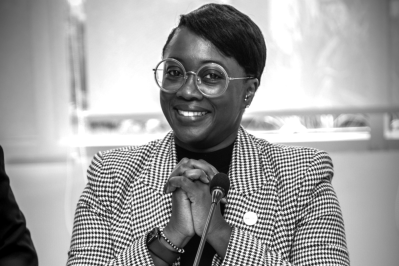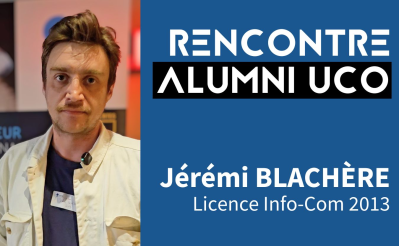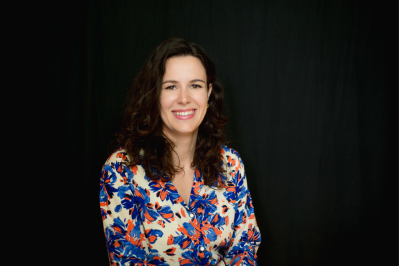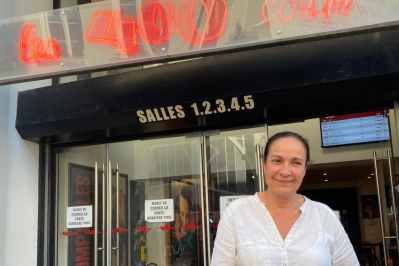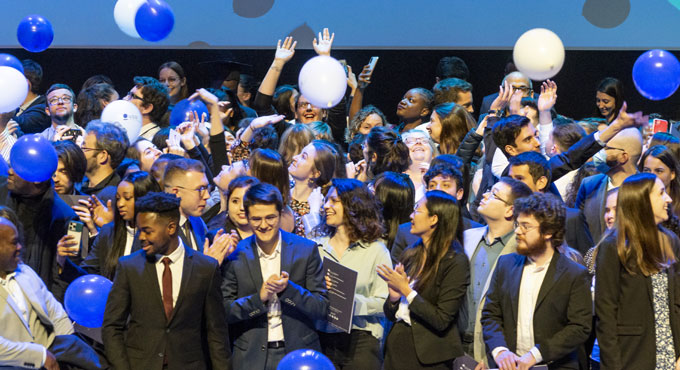News
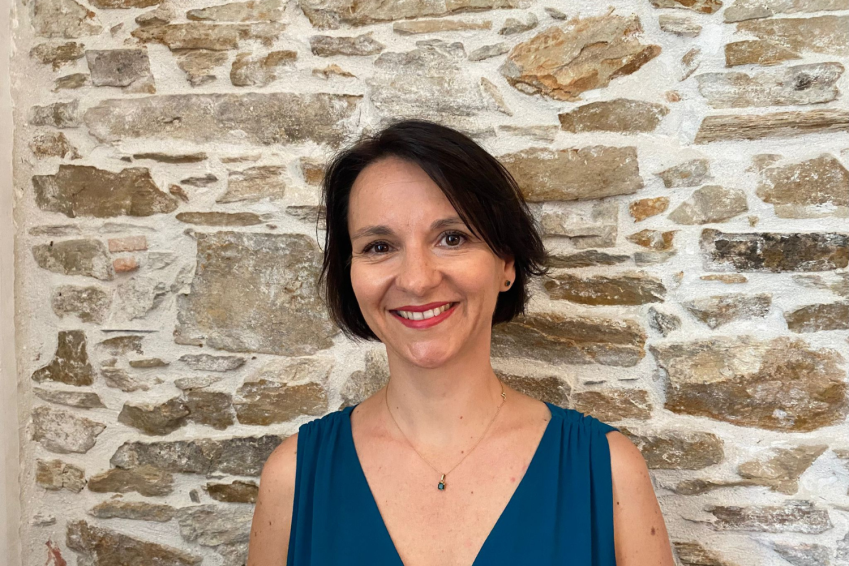
Elsa Piraudon, Master's degree in Social Psychology (2003), Director of Hôpital privé Sud Corse
An occupational psychologist by training, Elsa Piraudon has built up a rich career path, between major groups, entrepreneurial adventure and management of establishments in France and abroad. Now at the helm of Hôpital Privé Sud Corse, she looks back on her commitment to human management of organizations, informed by her experiences and convictions.
You are now Director of the Sud Corse private hospital. How did you get to this position?
With a degree in Occupational Psychology from UCO, I began my career in human resources with major groups such as LVMH, SOFRES and SNCF. I then set up my own HR consultancy specializing in occupational health.
Wishing to return to a more operational position, I managed an EHPAD in New Caledonia for four years, then held the position of HR Director within a family group in Madagascar for almost three years.
Covid took me to Reunion Island, where I spent eight months as Group HR Manager in the retail sector, before returning to Madagascar to pursue an entrepreneurial adventure in HR.
One of my clients then entrusted me with a general management mandate within a major fishing group, with responsibility for three Malagasy fisheries.
Back in France, I'm now director of a private hospital in Corse-du-Sud.
What are your current responsibilities? What's your day-to-day life like as a healthcare facility manager?
Versatility is the name of the game, and my role consists of managing both strategic projects - business development, technological innovation, improved working methods - and the day-to-day running of the facility.
It's a complete management function: finance, human resources, quality, communication... But with the patient at the heart of all decisions.
This implies a strong presence in the field, a direct link with the teams and practitioners, to ensure that the quality of care remains the priority.
You've managed large HR teams in a wide variety of contexts. What do you think are the key qualities of a good HR manager today?
You have to know the field and understand organizations from the inside.
My training as an occupational psychologist at UCO taught me this essential posture: to act effectively, you must first understand. In the hustle and bustle of everyday life, we tend to forget this, but it's a prerequisite for implementing the right HR actions.
Do you apply social psychology approaches in your day-to-day work?
Absolutely. Work psychology enables us to go beyond the formal vision of organizations, by taking into account their concrete reality. All work involves constraints. What motivates me is to think about how management and work organization can give meaning despite these constraints.
In the healthcare sector, this reflection is even more important.
You've worked in Corsica, Madagascar, Reunion Island and New Caledonia... What have these experiences abroad brought you?
I lived outside Europe for 11 years, in the French overseas departments and territories and in Madagascar.
What I have observed is that, whatever the culture, work remains deeply meaningful. The need for recognition and motivation, the importance of putting people back at the heart of organizations: these are universal issues.
The psychology of work is very well exported.
And on a more personal level, this diversity of experience has taught me to take a step back. Madagascar, where I worked for seven years, remains my most memorable experience.
Has a particular person, reading or moment influenced your management style?
Yes, Yves Clot's work has had a decisive influence. He shows the extent to which health at work and performance are linked. In his view, everything hinges on the quality of work, much more than on working conditions or quality of life at work.
Being able to do a "good job", as he puts it, and not feeling hindered in one's activity, is fundamental.
In the healthcare sector, this is even truer: enabling caregivers to take good care of patients, to recognize themselves in their work, is a performance issue.
What advice would you give to a UCO student who wants to go into human resources?
Be curious, and don't be afraid to take risks. My professional career is inseparable from my personal career. It's important to build both in parallel.

 4
4







